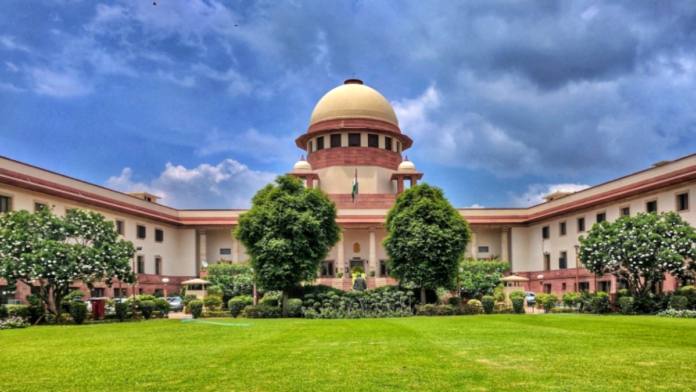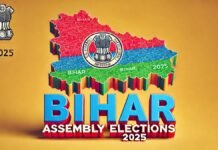
Key Points
- Supreme Court declines to halt the Election Commission’s Special Intensive Revision (SIR) of Bihar’s electoral rolls ahead of state assembly elections.
- Court urges the Election Commission to consider accepting Aadhaar, Voter ID, and Ration Card as valid documents for voter verification.
- Bench expresses concern over the timing of the revision, highlighting its impact on the “root of democracy and power to vote.”
- Election Commission assures no voter will be removed from the rolls without a hearing; 60% of voters have already verified credentials.
- Over 10 petitions challenge the SIR, citing risks of disenfranchisement and questioning the EC’s powers and procedures.
New Delhi: The Supreme Court on Thursday refused to stay the Election Commission of India’s (ECI) ongoing Special Intensive Revision (SIR) of electoral rolls in Bihar, where assembly elections are due later this year. However, the apex court directed the poll body to consider whether Aadhaar, Voter ID, and Ration Card could be included as acceptable documents for voter verification during the SIR process.
A bench comprising Justices Sudhanshu Dhulia and Joymalya Bagchi heard a batch of petitions challenging the SIR. The court instructed the ECI to file its counter affidavit by July 21, with rejoinders due by July 28.
Court’s Observations on Timing and Process
While acknowledging the constitutional mandate for the EC to maintain accurate voter rolls, the bench raised concerns about the timing of the SIR, emphasizing that such a massive exercise so close to the elections could affect the fundamental right to vote.
“We are not doubting your sincerity but there are perceptions. We are not thinking of stopping you because it is a constitutional mandate,” the bench told the EC’s counsel.
The court also highlighted that the last such revision in Bihar was conducted in 2003, questioning why the process was initiated so late.
Document Verification: Aadhaar, Voter ID, Ration Card
A key point of contention was the EC’s refusal to accept Aadhaar as proof of citizenship, with the EC arguing that only Indian citizens are eligible to vote as per Article 326 of the Constitution, and that Aadhaar is not proof of citizenship. The bench, however, questioned why the EC was delving into citizenship matters, which fall under the Ministry of Home Affairs, and suggested that commonly used identity documents like Aadhaar, Voter ID, and Ration Card should be considered for the verification process.
EC’s Assurances and Petitioners’ Concerns
Senior advocate Rakesh Dwivedi, representing the EC, assured the court that 60% of voters had already verified their credentials and that no voter would be removed from the rolls without being given an opportunity to be heard. The SIR is expected to cover around 7.9 crore citizens in Bihar.
Petitioners including political parties, civil society groups, and NGOs like the Association for Democratic Reforms argued that the SIR’s timing and documentation requirements could disenfranchise millions, particularly among the poor and marginalized.
Next Steps
The Supreme Court has not found the SIR process itself unconstitutional but has demanded detailed explanations from the EC regarding document acceptance and the timing of the exercise. The case remains under active consideration, with the court emphasizing the need to balance the constitutional mandate for accurate voter rolls with the protection of voting rights.
The Supreme Court’s decision to allow the Bihar voter list revision to proceed while demanding greater clarity and inclusivity in the verification process highlights the ongoing tension between electoral integrity and voter enfranchisement. With over 7.9 crore voters affected and assembly elections looming, the outcome of this legal battle will have significant implications for democracy in Bihar and beyond.





















































